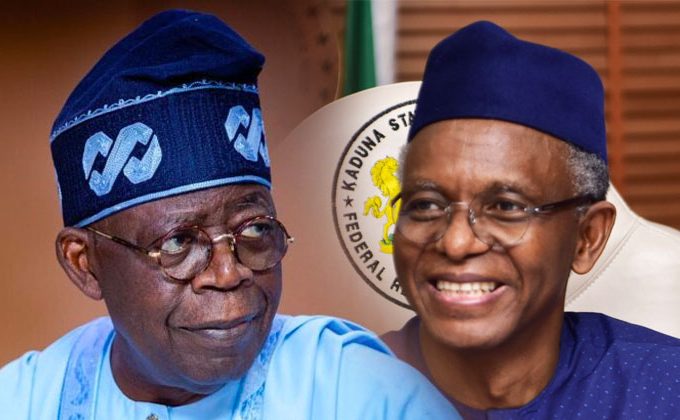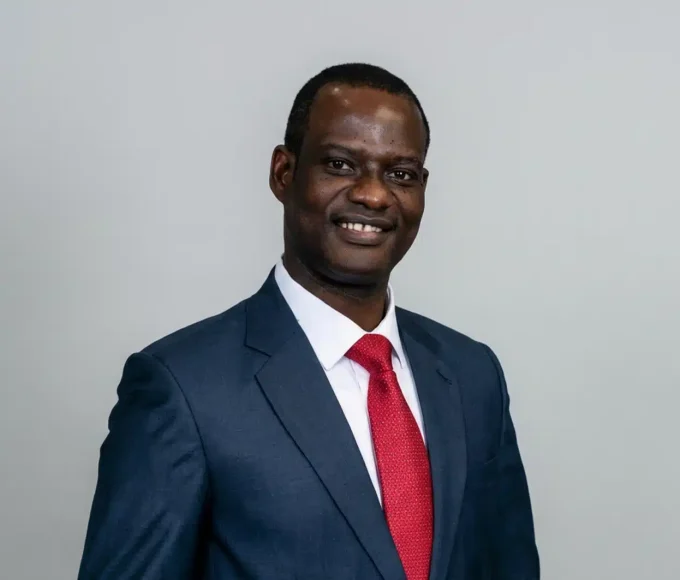
Liberia Establishes War Crimes Court for Civil War Atrocities

Liberian President Joseph Boakai signed an executive order on Thursday, initiating the formation of a war crimes court to address the atrocities committed during the nation’s brutal civil wars from 1989 to 2003.
The wars resulted in an estimated 250,000 deaths and severe human rights violations, including mass killings, torture, and sexual violence.
The decision to set up the court follows prolonged demands by victims and human rights activists for accountability and justice, which have been unaddressed since the 2009 Truth and Reconciliation Commission first identified perpetrators.
The conviction that brings us here today is that, for peace and harmony to have a chance to prevail, justice and healing must perfect the groundwork, President Boakai said in his statement.
This legislative push, endorsed by both houses of the Liberian parliament, even included votes from some members who might face charges themselves.
The court’s establishment was a central issue in the last presidential election, significantly influencing Boakai’s victory over then-President George Weah.
Furthermore, the United Nations envoy for global criminal justice, Beth Van Schaack, said that the U.S. would fund the court, provided it meets specific standards.
Schaack said that
for many citizens of Liberia, they see this as essential to a larger project establishing the rule of law in Liberia so that there’s faith in institutions.
Among the notable backers of the resolution is a former warlord and one of the identified perpetrators by the Truth Commission, Senator Prince Johnson. Johnson claims his support stems from his constituents’ demands for justice.
The court is expected to try high-profile figures, including those already convicted abroad. One is former president Charles Taylor, serving a 50-year sentence in the UK for similar crimes.
Read: Elon Musk’s Tesla Sues Indian Tesla Power for ‘Copying’ Trademark
About The Author
Related Articles
Tinubu Deducts N100bn Monthly From Federation Account Without Approval El-Rufai Alleges Says Action Deserves Impeachment
Former Kaduna State Governor Nasir El-Rufai has launched a blistering attack on...
ByWest Africa WeeklyJanuary 26, 2026After Taiwo Oyedele’s Denials, Lagos State Activates ‘Power of Substitution’ Under Tinubu-Altered Tax Law, Allowing Authorities to Redirect Payments Without Court Orders
Lagos State has moved to activate a controversial enforcement provision in the...
ByWest Africa WeeklyJanuary 26, 2026Ivory Coast to Buy Unsold Cocoa to Support Farmers
Ivory Coast has announced a government plan to purchase unsold cocoa stock...
ByWest Africa WeeklyJanuary 23, 2026Ghana Moves to Reclaim Kwame Nkrumah’s Former Residence in Guinea
Ghana has embarked on a diplomatic and cultural initiative to reclaim the...
ByWest Africa WeeklyJanuary 23, 2026











